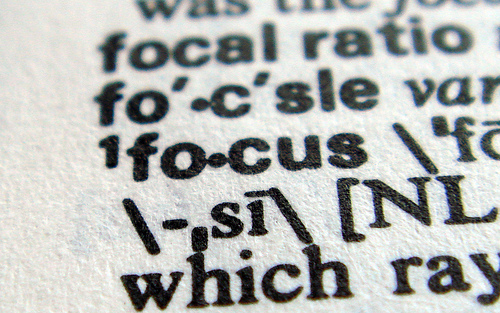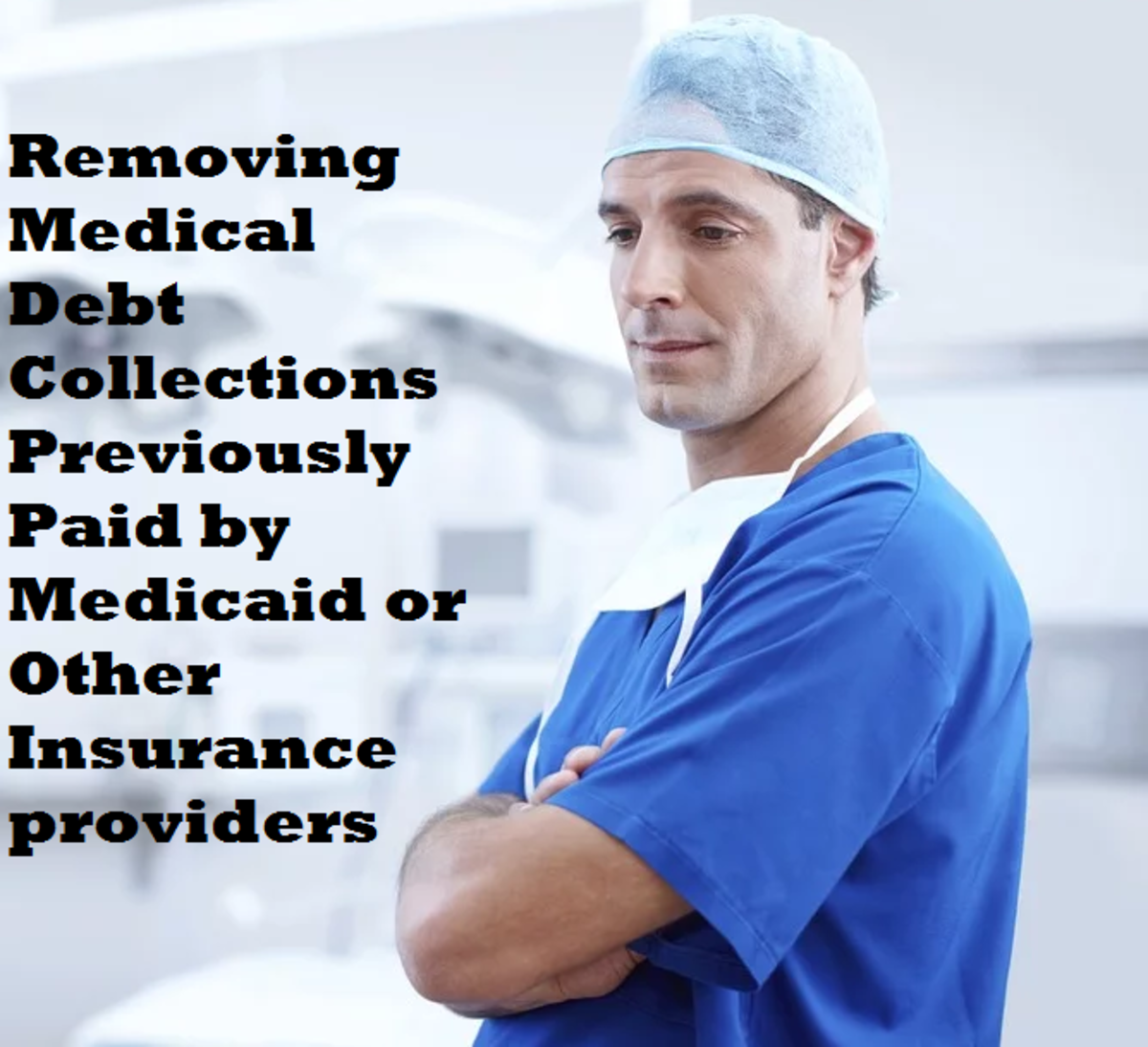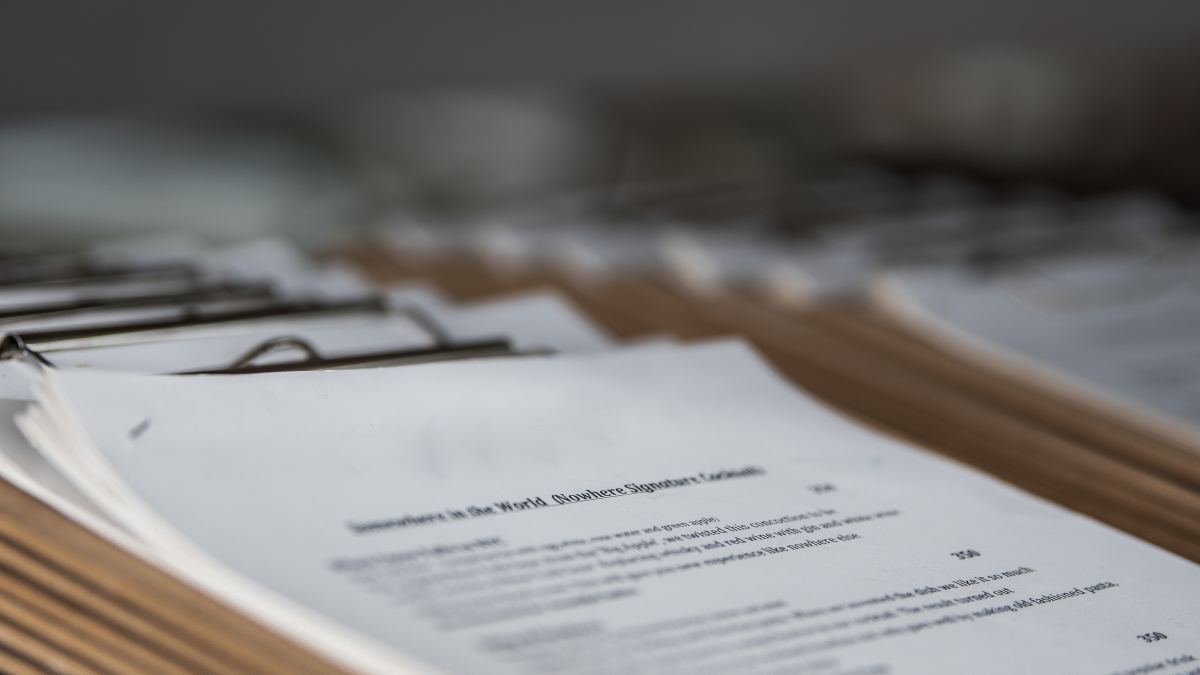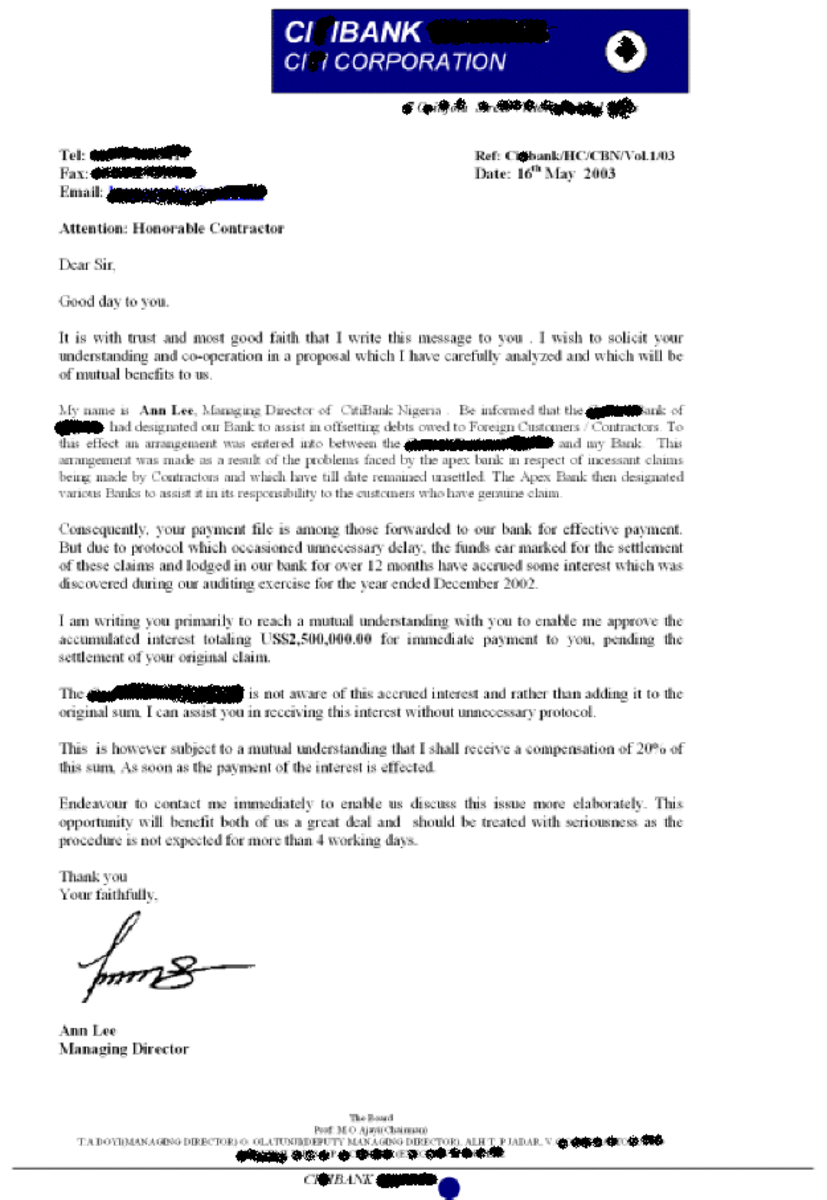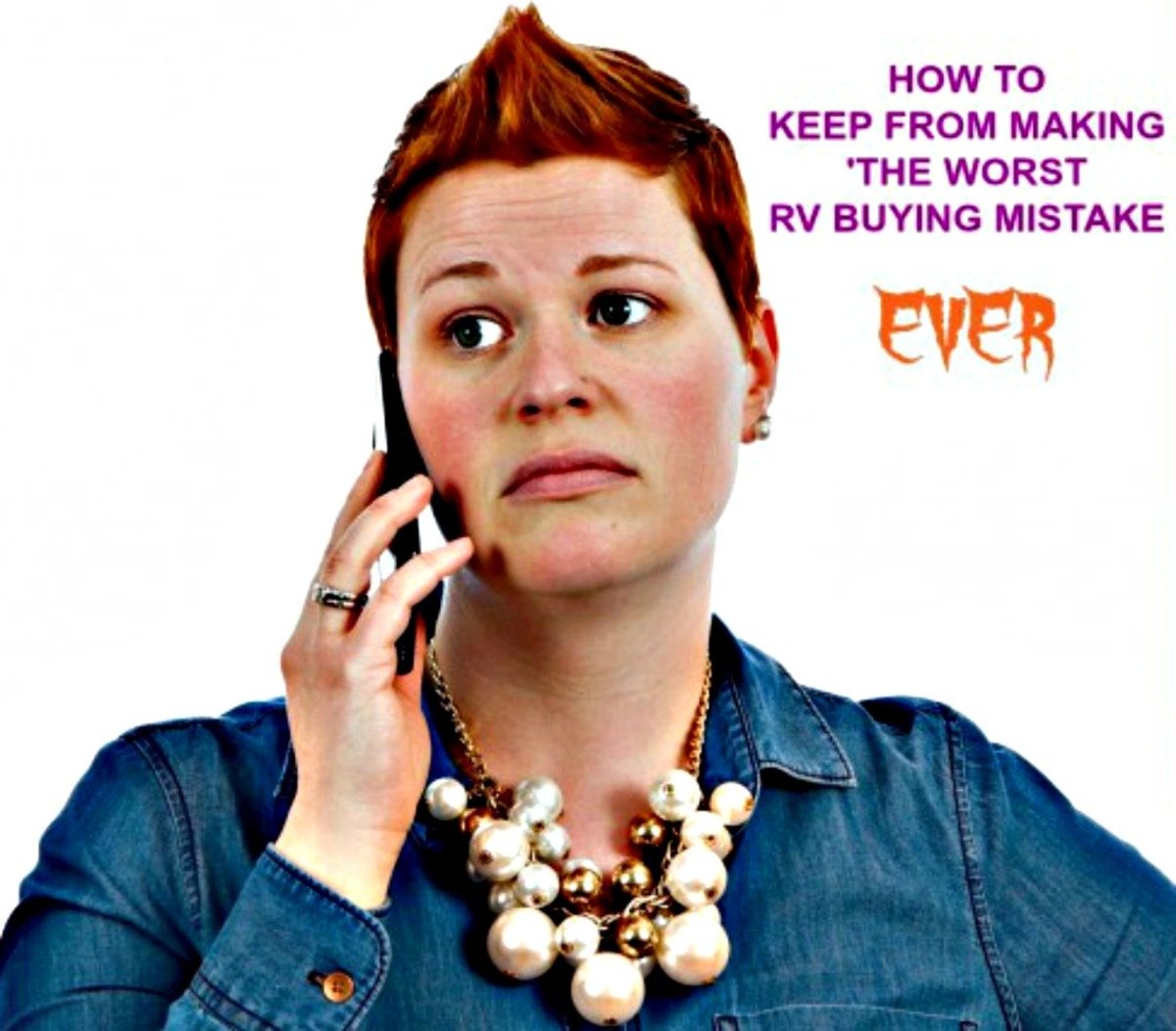Chapter 7 Bankruptcy Terms Explained
Help With Understanding Bankruptcy Terms
Someone trying to file for chapter 7 bankruptcy is quickly confronted with a host of terms which they do not understand, and not easily explained. This short collection of terms you will encounter, especially if you try to file your personal bankruptcy pro se, brings you up to speed on many of these bankruptcy terms. Bookmark or link to this site; these explanations will be a helpful resource for others struggling with understanding bankruptcy.
Abandonment -- When a bankruptcy trustee detemines that there is no interest in some or all of your property because it is either valueless, exempt or not worth the hassle, the trustee abadons it, which means the debtor can keep it.
Bankruptcy -- federal legal proceedings in which a debtor can wipe out or reorganize some, or all, of their debts.
Bankruptcy estate -- those non-exempt assets of the debtor (such as money and possesions) that must be paid to the creditor, if the trustee does not abandon them.
Chapter 7 Bankruptcy -- A personal liquidation bankruptcy that is the most common form of personal bankruptcy. Most or all of the debt is wiped out in exhange for a distribution of the debtors assets to the creditors. Also referred to as a straight bankruptcy.
Chapter 13 Bankruptcy -- a reorganization banruptcy in which individuals arrange to repay most or all of their debts on favorable terms, over 3-5 years. Payment is based on a plan approved by the court, which adheres to guidelines enacted in the 13th chapter (portion) of the bankruptcy code.
Community property -- Prioprety that is owned by both spouses, according to the law, in the states that are known as community property states. Debts incurred also belong to both spouses; this explains the need in these states to exempt twice as much, and to file jointly. If you are going to do a joint bankruptcy, make sure your attorney has explained the process to your spouse.
Creditor’s meeting, also known as a 341 meeting -- (after the portion of the code that describes it) is a meeting with the trustee that occurs about 30 days after you file a petition for Chapter 7. Your creditors are invited to come, but rarely do, and assert their objections to having your debts discharged. Normally, it is a brief interchange that involves you, your lawyer if you have one, and the trustee. You are asked if the paperwork you filed is true, and any unclear entries are explained. You need to bring a picture ID, your social security card, and supply a copy of your tax returns.
Credit repair - After bankrutcy your filing remains in your credit report for 10 years, but with a new slate you may well be able to get credit again after a couple years, with a sound strategy.
Debt -- a liabilty or legal obligation to pay a creditor.
Discharge or dischargeable debt. In chapter 7 many of your debts are discharged, and that means you no longer owe on these dischargeable debts, after the bankruptcy is complete. Most debts are dichargeable, but some, such as recent taxes, student loans, personal injury claims and marital and domestic support obligations, generally remain obligations that you still owe after your chapter 7 is complete.
Exempt property -- One of the forms you file will ask you to claim which possessions you have that you claim as exempt, and asks you to cite the law that entitles you to those exemptions. Exempt property allows you to make some of your possessions off limits to your creditors. Any property that is not exempt may be in jeapordy during your bankruptcy. Different states have diiferent alloawable exemptions, and some states have you to chose between state exemptions and the ones outlined by the federal law.
Foreclosure -- when a residence is sold against the preference of the resident, because payments have have not been made on the mortgage. Chapter 7 does not protect you from foreclosure but can delay it by several months.
Homestead exemption -- Homestead exemptions are the amount, often a substantial sum, that you are pemitted to keep from the equity of your home, if you live in it. If you have more equity in your home than the mortgage, your creditors would be enititled to it. However with the homestead exemption you can claim at least some of that equity as exempt, and that means it belongs to you, and not the creditors. All but a handful of states have some type of homestead exemption, but the rules vary from state to state.
Lien -- a lien occurs when someone has a legal claim to some portion of an asset, and that asset serves as collateral. A mortgage or deed of trust is a lien, and so is a car loan. These types of liens are referred to as consensual because you entered into the agreement voluntarily. Nonconsesual liens occur without your consent, like when a judgement in small claims court goes against you, and is attached to your property. Tax liens are also usually nonconsesual judgement liens, when the IRS attaches your home for back taxes.
Means Test -- This is an obstacle to filing Chapter 7, passed by congress in the 2005 bankuptcy law, to make it harder to file, although typically fewer than 15% of those who apply can not pass it. It is a somehwat complicated set of hurdles that tries to discover if you might actually be able to afford to pay the bills off. If you fail the means test, you may well be eligible instead to file chapter 13, if you have steady income.
No asset cases -- These cases are ones in which the trustee finds that you do not have anything above and beyond your exemptions that can be used to pay the creditors -- therefore, they are out of luck. Typically about 2 months after the creditors meeting all dischargebale debts are wiped clean, and you can keep any assets as yours that you have listed in your filing.
Nondischarrgeable debt -- see dischargeble debt, where that term is explained.
Nonexempt property -- property that you can't legally keep, unless the trustee chooses to abandon it because it is burdensome to sell, or worthless.
Perjury -- testifying falsely in court under oath.
Pro se -- when a person who is not a laywer acts as his own attorney in a lawsuit, in this case when you file your own bankruptcy.
Redeem or redemption -- You can redeem personal goods from a creditor when you pay back to the creditor the actual value of the property, rather than the amount of the debt. For goods that rapidly depreciate you can save a good bit of money with this strategy. However, you are expected to pay it in a lump sum, shortly after the creditors meeting, so you will need ready cash. Redemption is also as aspect of foreclosure in some states, but that is beyond the scope of this endeavor, and requires a more complete understanding than we can address here.
Reaffirm -- If you have a secured debt like a mortgage, you may be able to reaffirm the debt, which is essentially a agreed upon promise to pay all or part of the debt, rather than to discharge it. A debt that is reaffirned is not eliminated. This can be precarious if you later fall behind on the payments, as the bank can still seize the collateral, in this case the home. You will still owe them for anything that is due. Reaffirmation agreements need to be in writing.
Repossession -- when a creditor claims or takes back an asset, such as a car or home, after the debtor breaks the contract in which he bought it, (usually by not making payments).
Secured loan -- a secured loan is a loan in which you agreed to use the asset as collateral, if you did not pay the money back. Car loans will use the car as secured collateral, and mortgages use the residence.
Stay (automatic stay) -- when you file for bankruptcy, all efforts at the collection of debts are stayed automatically, meaning they are put on hold until the process unfolds. During the stay, creditors are not allowed to attempt to collect debts. Any lawsuits like foreclosures, are halted temporarily, with the understanding that they will likely proceed when the case is closed, or the stay is waived.
Surrender -- One option in addition to exempting, redeeming and reaffirming, is to simply surrender the collateral on a debt. Hand it over.
Trustee -- The U.S. Trustee is the person who supervises the bankruptcy, in service of the judge. Trustees are designated in all states but 2. In most cases, you will never see the judge, but the trustee will act in a capacity similar to one, including taking testimony under oath.
Dictionary Photo by chrisdlugosc. Disclaimer- Understanding bankruptcy involves a lot more than knowing a little biy about some terms, and if you can afford an attorney it is a good idea to hire one, especially one who has an understanding of your unique situation, and can explain your options to you.
Chapter 7 Definitions
